5 Ways Piano Playing Helps Your Child Today
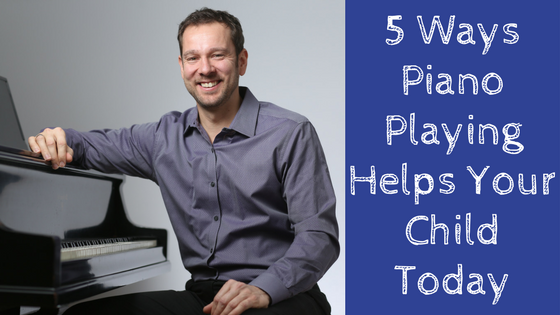
We’ve heard a lot about the science behind music education and its long term benefits.
There are numerous articles and studies how the benefits of music education. A study reports that older adults who took lessons at a young age can process the sounds of speech faster than those who did not. (source: NY Times)
But what are the real world benefits of learning the piano that can affect your child right now?
Here are 5 benefits of music education that, as a parent and educator, I believe make the biggest impact on a child’s life. Best of all…they can be seen in less time than you think:
- Increased concentration – students learning an instrument need to focus on the task at hand. Since music does not move as fast as video games, television commercials or other electronic gadgets, it helps improve their concentration.
- Self-esteem – learning an instrument takes work and can be frustrating. However, once they can play their first song they have an extreme sense of accomplishment. This challenge builds self-esteem in our children.
- Ability to express oneself – music gives them an outlet for their emotions. They can express feelings like happiness, sadness, anger and love through the instrument. This is especially important for children since their emotions can quickly change and they don’t always possess the life skills at that moment to express themselves through words. Music can be an outlet and conduit for these emotions.
- Self-confidence – playing a song for family or friends is a special way for children to build their self-confidence. Performing in front of others also improves public speaking skills.
- Creativity – since our homeschool piano lessons include improvisation, students are learning to create music…not just read it.
Of course there are many other benefits like improved dexterity, teamwork, memory and speech skills.
Out of all of these benefits though, I think the most important is that when a student learns music, they also learn about life-long learning. Students learn to better themselves through practice, goal setting and perseverance. These are the skills that I believe turn children into the leaders of tomorrow.


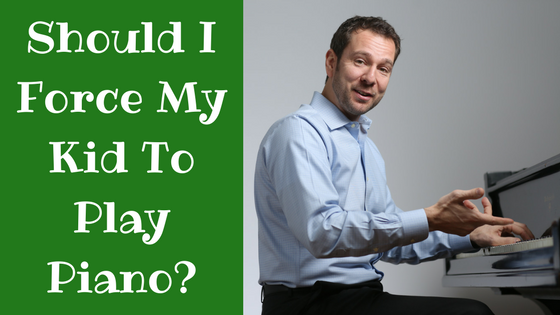
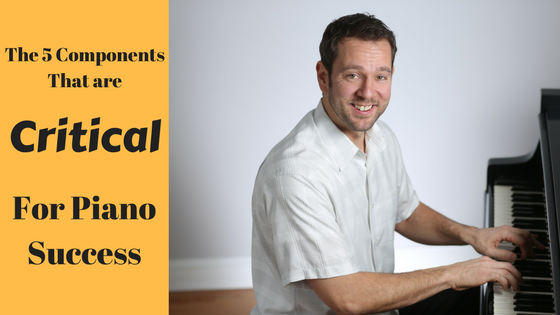
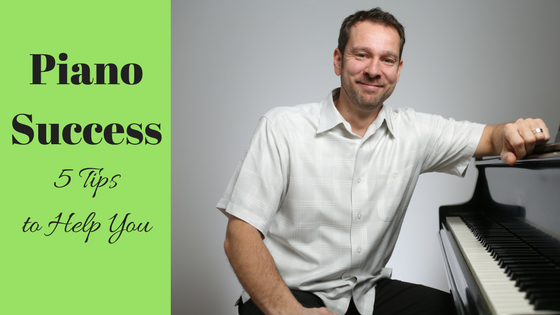
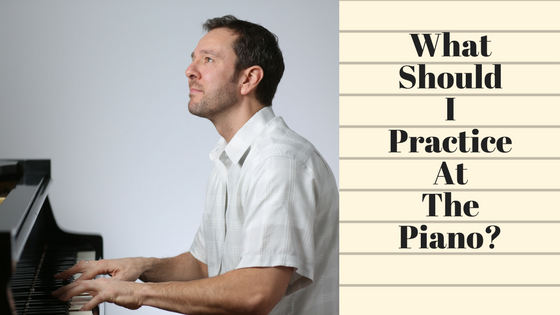
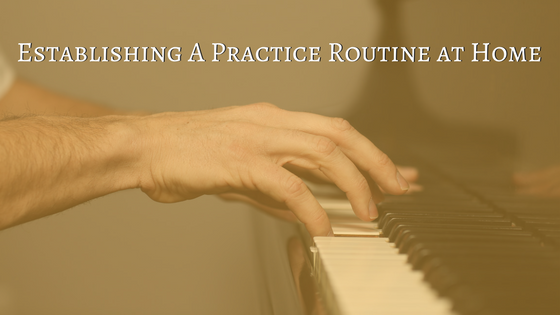
Responses